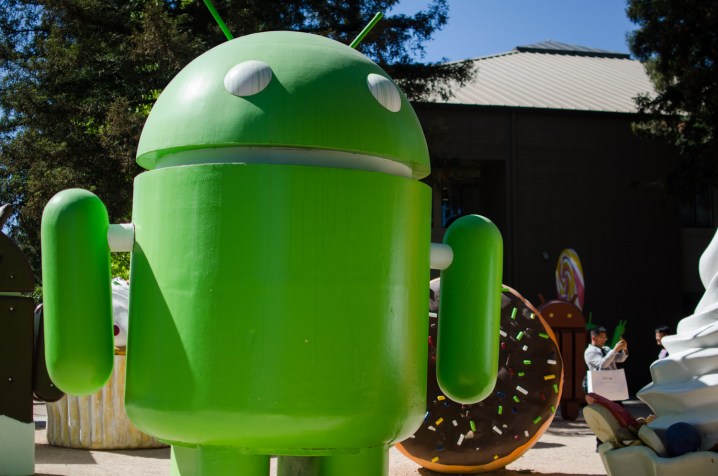
Amid growing privacy concerns from the public and in line with its own privacy initiatives, Google quietly shut down a two-year-long data-sharing service it had with cellular carriers in April, Reuters reports.
Google’s “Mobile Network Insight Service” gave aggregated, anonymous data on the cellular signal strength and connection speeds relative to customer location. This map served as an important reference for carriers as about 75% of the world’s smartphones run Android.
While users needed to opt-in to Google’s location history and usage and diagnostics services to be included in this data, the prompt, which is integrated into initial setup of
Google shut down the service in April, notifying the carriers but opting not to inform the public, according to four individuals with “direct knowledge of the matter” who spoke with Reuters. Some also cited secondary reasons for the shutdown such as challenges in ensuring data quality and lack of responsiveness in the carrier’s network upgrades.
Facebook has a similar program called Actionable Insights, which gives more user-specific information like gender, age, and other demographic-centric insights collected from the mobile
Earlier this year, AT&T, Sprint, and T-Mobile were found to be selling user data to third parties, some of which proved accessible to hackers and other non-authorized entities. Carriers had been previously questioned on their data practices and this report brought harsher scrutiny and consequent promises from the carriers to stop this data-sharing practice.
In recent years, Google has made a push to put its customer’s privacy first, rolling out features to erase your search and usage data and making changes to privacy and permission settings in Android Q, for instance. Google CEO Sundar Pichai even wrote an op-ed about the necessity for public privacy in the New York Times. But the company has still been prone to some mishaps, like logging user’s purchase history in Gmail and collecting location data even when users opt out of sharing location history.
Although Google said the Mobile Network Insight Service’s operations have ceased, those looking to ensure they’re not sharing their location history at all can set their



